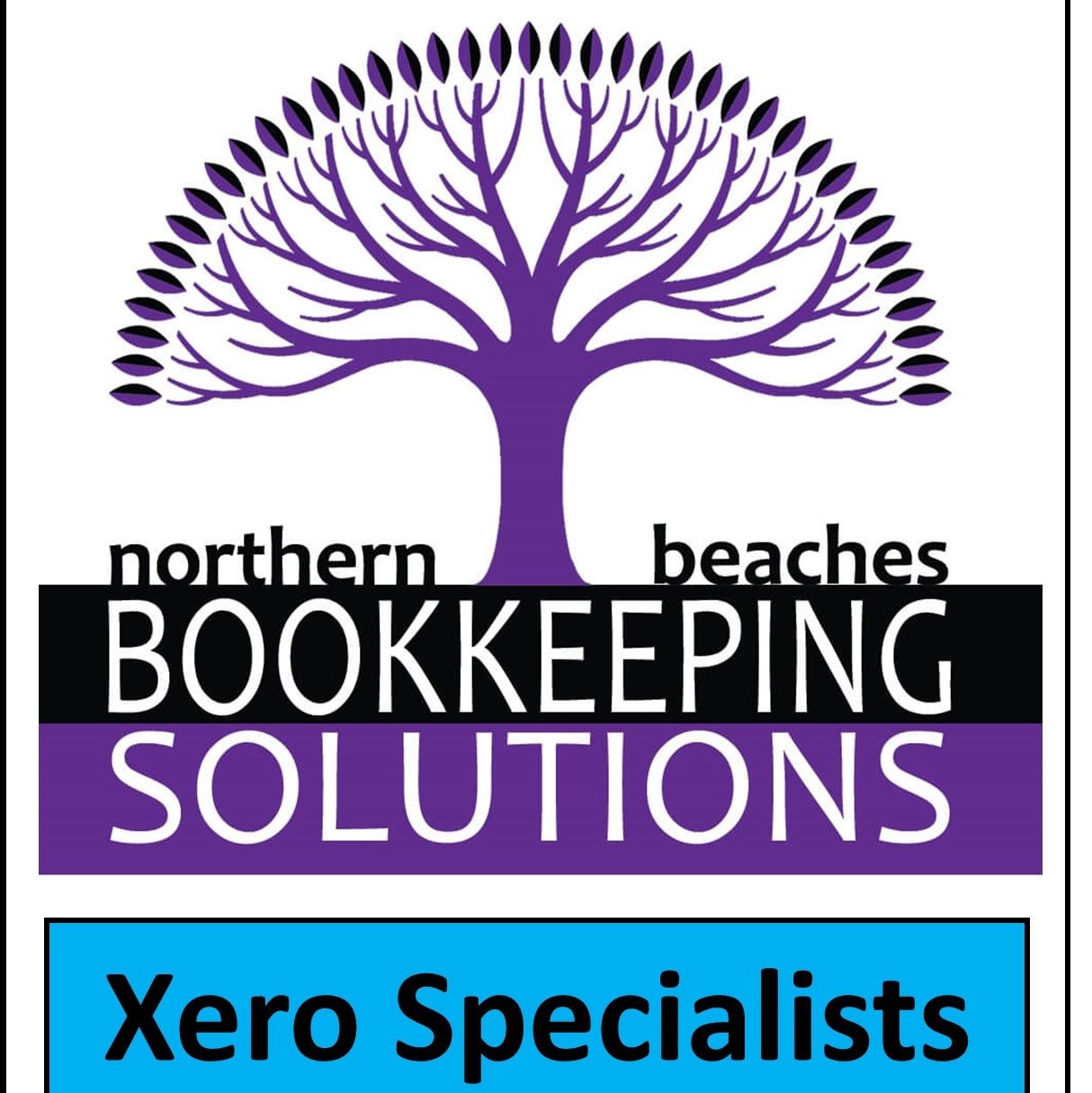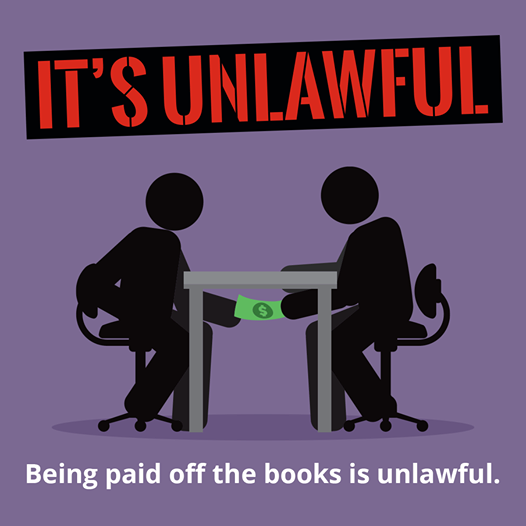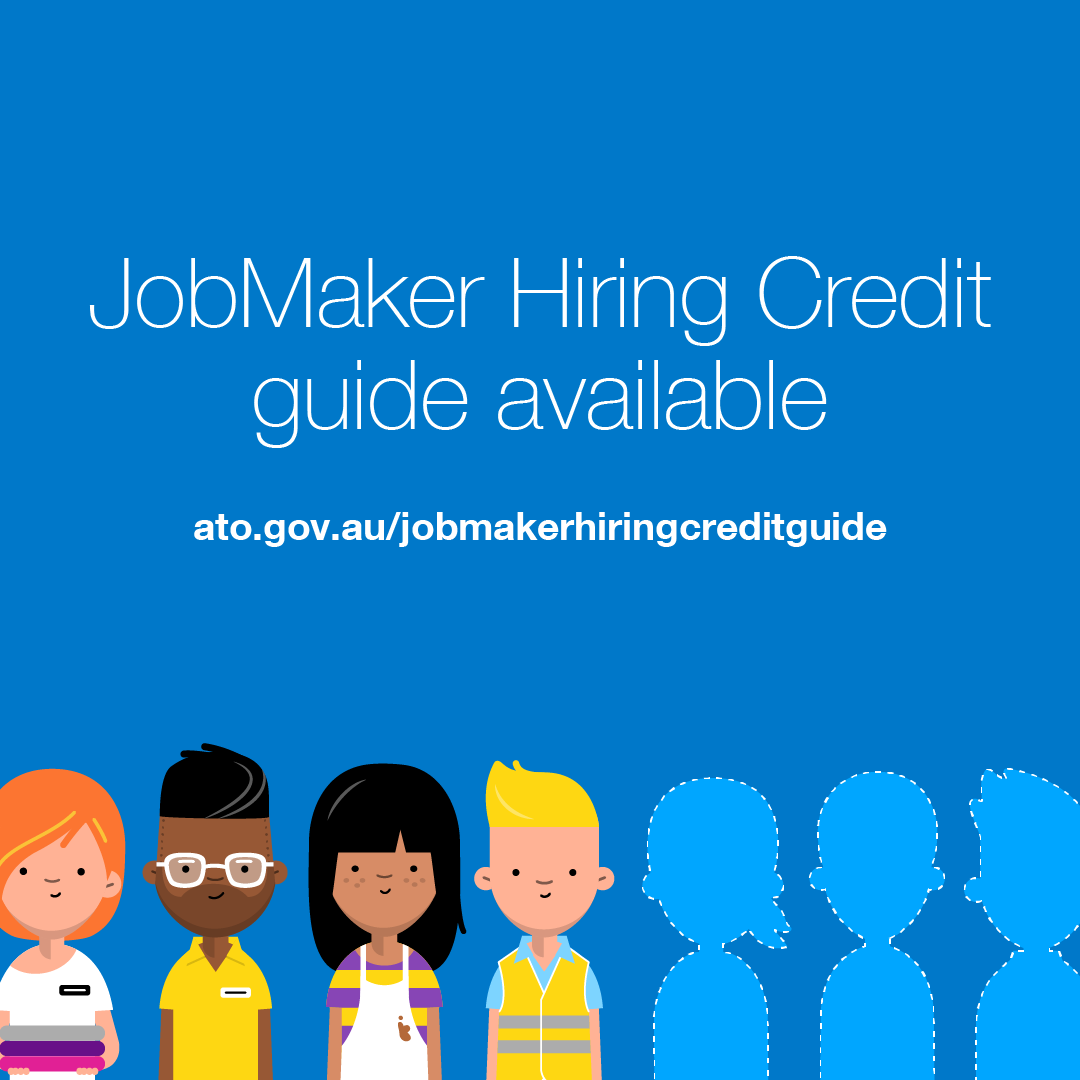Being paid off the books is unlawful
Myth: Being paid off the books is OK. Fact: No, it’s not. If you’re being paid under the table (aka cash-in-hand), you’re probably:• being underpaid• missing out on superannuation• not meeting your tax obligations.It might also mean you’re not getting pay slips, which can make it harder to fix disputes about your pay.While it’s ok to get paid your wages in cash, make sure you’re on the books and getting a pay slip so you know you’re getting paid right and meeting your tax obligations.Check our pay info: https://www.fairwork.gov.au/pay




